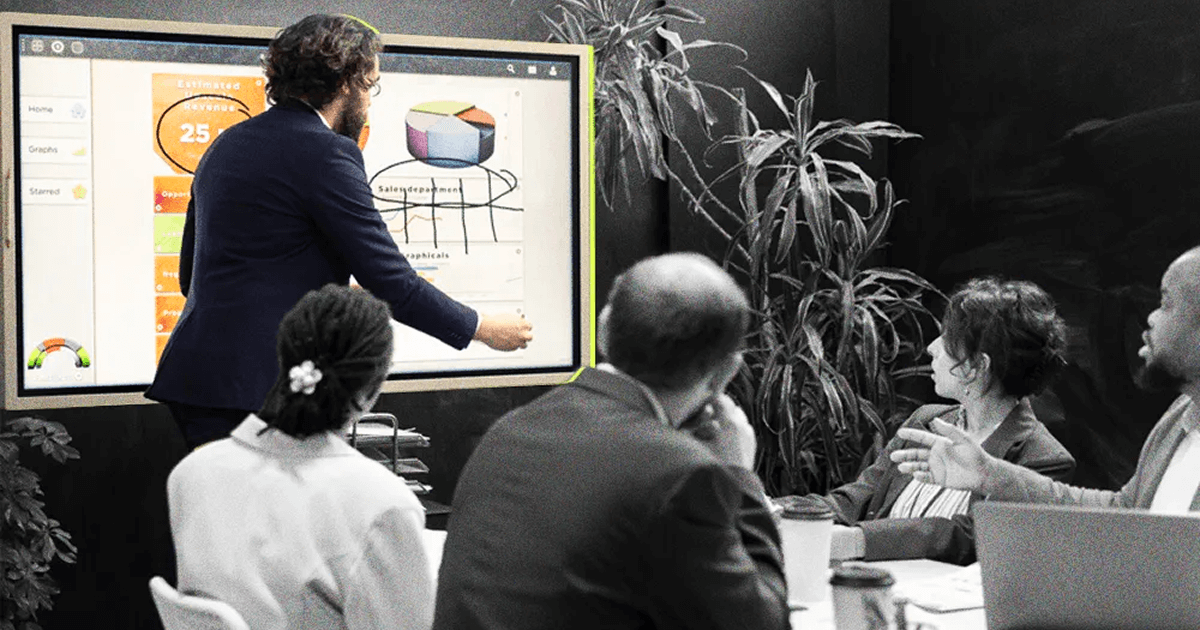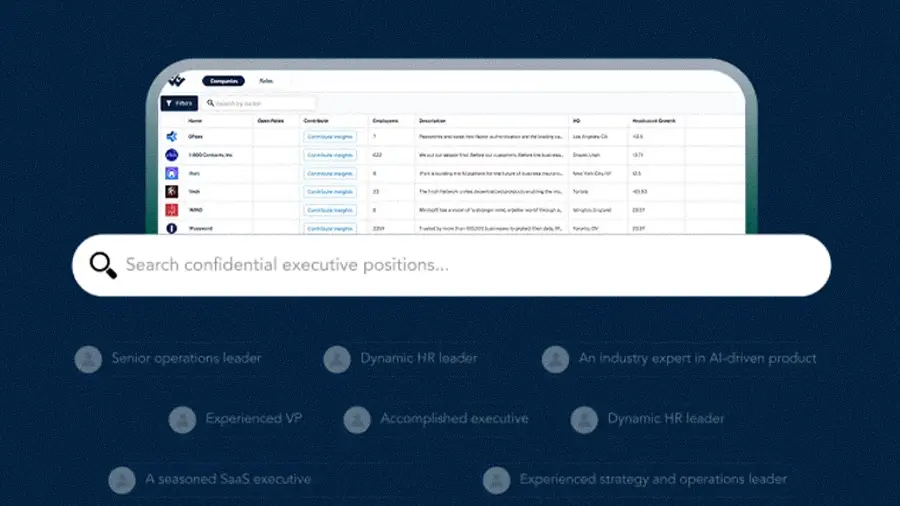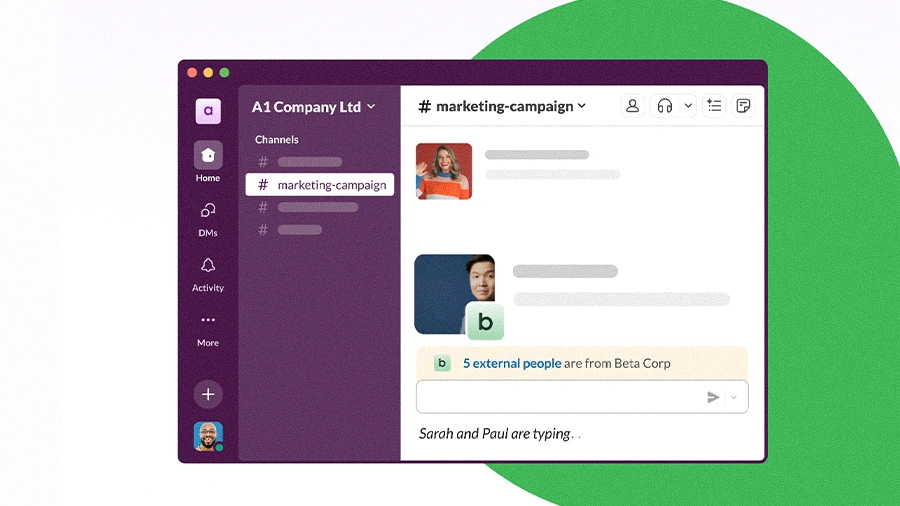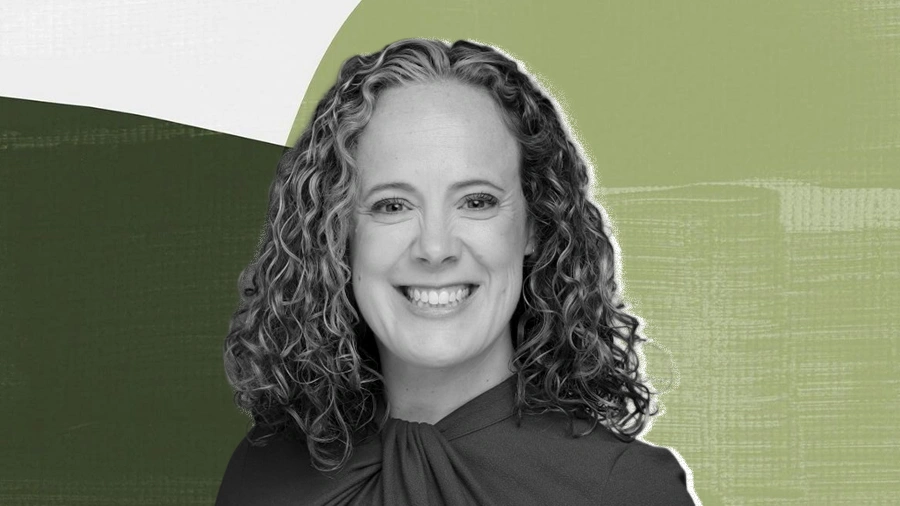Why old management tactics are failing in the face the new ‘Eggshell Economy’

Key Points
The “Eggshell Economy” describes a workplace where economic uncertainty and job market fragility lead to employee anxiety and outdated management practices.
HR expert Lindsey Chapman calls for a shift in organizational support to address burnout and mistrust among employees and leadership.
Chapman highlights the need for companies to prioritize trust and workload management over traditional performance metrics to prevent burnout.
We have people who are still maxed out post-Covid and a lot of that emotional energy and some of the social skills that were lost during that time period have never been addressed in the workplace.

Lindsey Chapman
HR and Recruiting Professional
Lindsey Chapman
The “Eggshell Economy” aptly describes today’s workplace, where jittery economic forecasts and a fragile job market reshape how employees act and companies function. This anxious, self-preservationist mood strains everyone, revealing that old management playbooks are failing.
Lindsey Chapman, an HR and Recruiting Professional with more than two decades in the trenches, now primarily guiding companies through her consultancy, offers a clear-eyed view on these issues, calling for a fundamental shift in how organizations support and keep their people in these uncertain times.
Walking on eggshells: BambooHR’s recent Data at Work report, “Welcome to the Eggshell Economy: America’s Workforce in Survival Mode,” paints a stark picture of this unease, showing employees are indeed “walking on eggshells.” While many claim to be satisfied, the report cautions this might be a “warning sign that your employees are fearful of the consequences of saying otherwise.” With a tough job market, many feel “stuck,” and a third are more anxious about job security than ever before.
The human cost: Chapman sees the fallout daily. “We have people who are still maxed out post-Covid and a lot of that emotional energy and some of the social skills that were lost during that time period have never been addressed in the workplace,” she says. “I’ve been doing this for 25 years and pre-Covid HR was completely different to what it is now.”
Leadership under pressure: The strain reaches the top. Chapman notes, “Leadership is quietly exhausted. Even though they’re continuing to do everything they’re doing, they’re afraid to be transparent to their teams because they’re looking out for their own jobs.” This burnout, she explains, breeds “mistrust and isolation and fear,” pushing many to a breaking point.
“You can’t performance-manage your way out of burnout. You need real support,” Chapman states. “That’s why we’re seeing a lot of women—in particular in leadership roles, making six figures—leaving the workforce and going to open their own businesses, because in their own businesses they can create the structure that they need to heal from burnout.”
The escape denied: But not everyone can forge their own path. “Unfortunately, frontline workers don’t have the luxury of being able to do that,” Chapman points out. “So they’re just working through, and they’re going to continue to work through until their bodies give out.” In this environment, even top performers are vulnerable if they show weakness. Chapman observes, “Even those who are great performers – with no write-ups, if they speak up, slow down, or ask for help, are usually prime targets to be terminated.”
A new playbook: Chapman urges a complete overhaul of how companies operate. “I think that it’s really important that HR professionals and leadership really take a different approach to performance,” she advises. “They need to put more trust in people, move away from micromanagement styles, encourage people to use PTO, and fully relieve them of their duties whenever they’re on PTO. They need to look at performance as a whole, as opposed to being task-focused.”
Trust, not just tasks: The new approach must value trust above outdated metrics. “A lot of times, companies are focused on performance and that’s what the return to office mandate is, but they need to be more focused on trust, and building trust,” Chapman explains. She presses companies to “stop romanticizing, emphasizing resilience so much,” and instead actively manage workloads. “How can we redistribute this workload? A KPI that I actually manage in my teams is backlog because backlog is a key indicator, a pre-indicator of burnout.”
Glimmer of change: Despite the challenging picture, Chapman finds reasons for optimism, seeing fresh perspectives emerge. “There’s a new generation of HR professionals coming through and things like work-life balance and DEI are extremely important to them,” she says. “I’m very encouraged by the people who are going out and creating their own businesses, because if they create their own businesses to solve their own solutions with work, they won’t be recreating those same issues in the businesses that they create.”
You can't performance-manage your way out of burnout. You need real support. That's why we're seeing a lot of women—in particular in leadership roles, making six figures—leaving the workforce and going to open their own businesses, because in their own businesses they can create the structure that they need to heal from burnout.

Lindsey Chapman
HR and Recruiting Professional
Lindsey Chapman
You can't performance-manage your way out of burnout. You need real support. That's why we're seeing a lot of women—in particular in leadership roles, making six figures—leaving the workforce and going to open their own businesses, because in their own businesses they can create the structure that they need to heal from burnout.

Lindsey Chapman
HR and Recruiting Professional
Lindsey Chapman
Related articles
TL;DR
The “Eggshell Economy” describes a workplace where economic uncertainty and job market fragility lead to employee anxiety and outdated management practices.
HR expert Lindsey Chapman calls for a shift in organizational support to address burnout and mistrust among employees and leadership.
Chapman highlights the need for companies to prioritize trust and workload management over traditional performance metrics to prevent burnout.

Lindsey Chapman
Lindsey Chapman
HR and Recruiting Professional

HR and Recruiting Professional
The “Eggshell Economy” aptly describes today’s workplace, where jittery economic forecasts and a fragile job market reshape how employees act and companies function. This anxious, self-preservationist mood strains everyone, revealing that old management playbooks are failing.
Lindsey Chapman, an HR and Recruiting Professional with more than two decades in the trenches, now primarily guiding companies through her consultancy, offers a clear-eyed view on these issues, calling for a fundamental shift in how organizations support and keep their people in these uncertain times.
Walking on eggshells: BambooHR’s recent Data at Work report, “Welcome to the Eggshell Economy: America’s Workforce in Survival Mode,” paints a stark picture of this unease, showing employees are indeed “walking on eggshells.” While many claim to be satisfied, the report cautions this might be a “warning sign that your employees are fearful of the consequences of saying otherwise.” With a tough job market, many feel “stuck,” and a third are more anxious about job security than ever before.
The human cost: Chapman sees the fallout daily. “We have people who are still maxed out post-Covid and a lot of that emotional energy and some of the social skills that were lost during that time period have never been addressed in the workplace,” she says. “I’ve been doing this for 25 years and pre-Covid HR was completely different to what it is now.”
Leadership under pressure: The strain reaches the top. Chapman notes, “Leadership is quietly exhausted. Even though they’re continuing to do everything they’re doing, they’re afraid to be transparent to their teams because they’re looking out for their own jobs.” This burnout, she explains, breeds “mistrust and isolation and fear,” pushing many to a breaking point.
“You can’t performance-manage your way out of burnout. You need real support,” Chapman states. “That’s why we’re seeing a lot of women—in particular in leadership roles, making six figures—leaving the workforce and going to open their own businesses, because in their own businesses they can create the structure that they need to heal from burnout.”

Lindsey Chapman
Lindsey Chapman
HR and Recruiting Professional

HR and Recruiting Professional
The escape denied: But not everyone can forge their own path. “Unfortunately, frontline workers don’t have the luxury of being able to do that,” Chapman points out. “So they’re just working through, and they’re going to continue to work through until their bodies give out.” In this environment, even top performers are vulnerable if they show weakness. Chapman observes, “Even those who are great performers – with no write-ups, if they speak up, slow down, or ask for help, are usually prime targets to be terminated.”
A new playbook: Chapman urges a complete overhaul of how companies operate. “I think that it’s really important that HR professionals and leadership really take a different approach to performance,” she advises. “They need to put more trust in people, move away from micromanagement styles, encourage people to use PTO, and fully relieve them of their duties whenever they’re on PTO. They need to look at performance as a whole, as opposed to being task-focused.”
Trust, not just tasks: The new approach must value trust above outdated metrics. “A lot of times, companies are focused on performance and that’s what the return to office mandate is, but they need to be more focused on trust, and building trust,” Chapman explains. She presses companies to “stop romanticizing, emphasizing resilience so much,” and instead actively manage workloads. “How can we redistribute this workload? A KPI that I actually manage in my teams is backlog because backlog is a key indicator, a pre-indicator of burnout.”
Glimmer of change: Despite the challenging picture, Chapman finds reasons for optimism, seeing fresh perspectives emerge. “There’s a new generation of HR professionals coming through and things like work-life balance and DEI are extremely important to them,” she says. “I’m very encouraged by the people who are going out and creating their own businesses, because if they create their own businesses to solve their own solutions with work, they won’t be recreating those same issues in the businesses that they create.”




